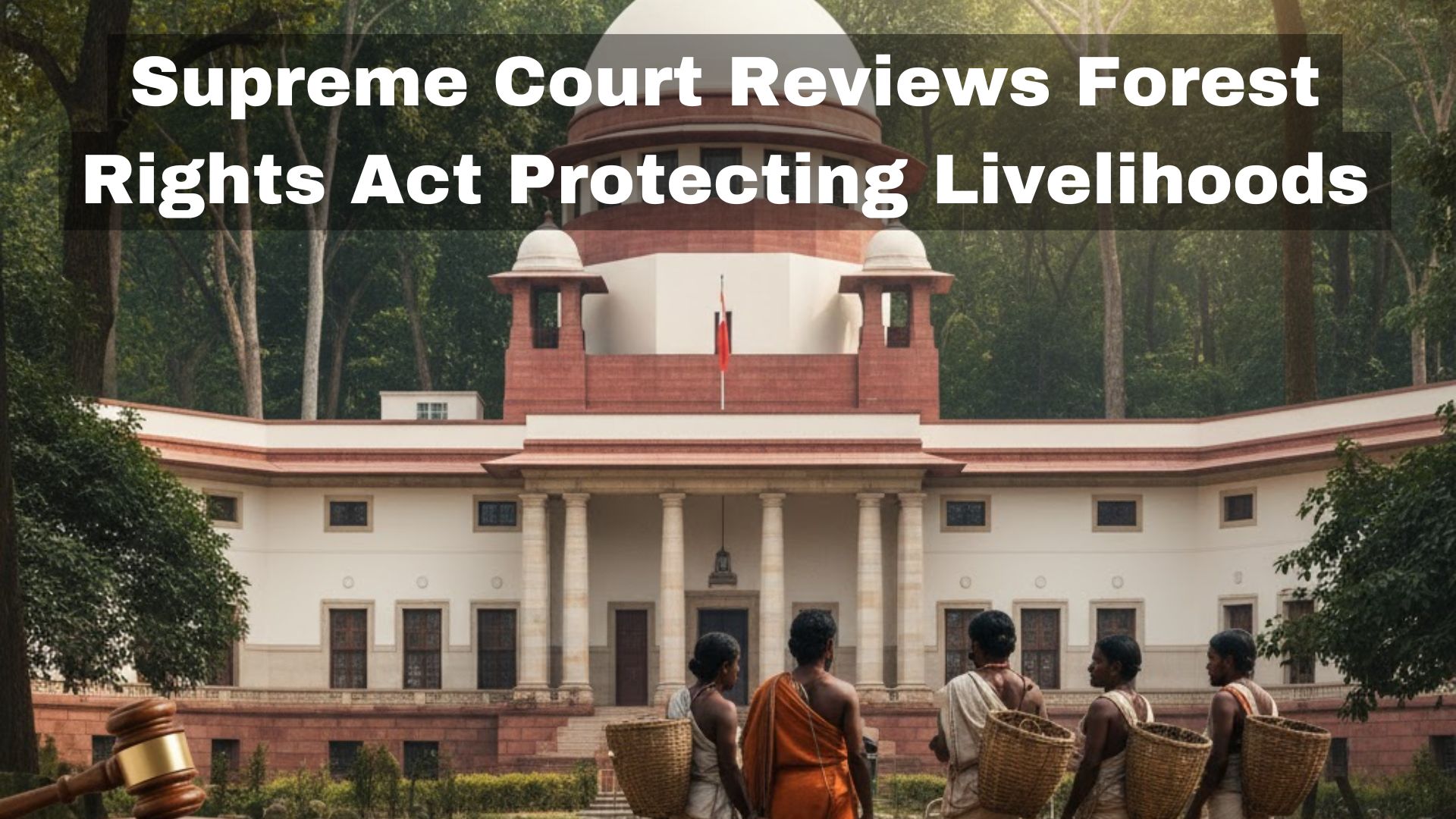Sophy Thomas, J
1. The petitioner is the sole accused in Crime No.112 of 2013 of Badiadka Police Station registered for an offence punishable under Section 118(a) of
the Kerala Police Act (for short 'the KP Act').
2. The allegation is that on 26.02.2013, when the petitioner was called to the Police Station for the purpose of identifying an accused, he was under the
influence of alcohol. Badiadka Police registered crime against him and he was charge sheeted under Section 118(a) of the KP Act. Now it is pending
before JFCM-II, Kasaragod as C.C.No.422 of 2017.
3. Learned counsel for the petitioner would submit that petitioner is a Village Assistant and he was called to the Police Station at 07.00 p.m., in order
to identify an accused, against whom a case was registered under Section 353 of IPC and Section 20 of the Kerala Protection of River Banks and
Regulation of Removal of Sand Act (for short 'the Sand Act'). Since that accused was a stranger to him, he could not identify him, and only because
of that fact, Police registered this crime against the petitioner. So his prayer is to quash Annexure-A3 charge sheet.
4. In order to attract an offence punishable under Section 118(a) of the KP Act, a person should be found in a public place in an intoxicated manner or
rioting condition incapable of looking after himself. The definite case of the prosecution is that as requested by Police the petitioner reached Badiadka
Police Station for the purpose of identifying an accused. The very fact that the petitioner reached the Police Station, when he was asked to be present
there, itself will negative the case of the prosecution that he was incapable of looking after himself even if it is taken for argument sake that he had
consumed alcohol at that time. Admittedly the petitioner is a Village Assistant and he was invited to the Police Station for identifying an accused.
Annexure-A1 will not show that the petitioner committed rioting or misbehaved himself in the Police Station. The only allegation in the F.I.R was that
he was intoxicated and was unable to control himself. The 161 statements of the witnesses are to the effect that the petitioner challenged the Police
and committed rioting inside the Police Station. The available records will not show that the petitioner was sent to doctor for a clinical examination, or
to show that his blood test was conducted to prove that he was intoxicated. The records show that he was subjected to Alco-quant test using
Alcometer. All the witnesses are Police Officers except CW7 Saseendran, who was the accused arrested under the Sand Act, to identify whom the
petitioner was called to the Police Station.
5. Section 118 (a) of KP Act, reads as follows:
“118. Penalty for causing grave violation of public order or danger:- Any person who.-(a) “is found in a public place, in an intoxicated manner or rioting
condition or incapable of looking after himself----â€
6. The word 'intoxicated' is not defined under the Act. The meaning of the word 'intoxicated' as given in Advanced Law lexicon by P.Ramanatha
Aiyar is that “a man is intoxicated whenever he is so much under the influence of spirituous or intoxicating liquors that it so operates upon him, that
it so affects his acts or conduct or movement, that the public or parties coming in contact with him could readily see and know that it was affecting
him in that respect.
7. Consuming liquor in a private place without causing nuisance or annoyance to anybody will not attract any offence. Mere smell of alcohol also
cannot be construed to mean that the person was intoxicated or was under the influence of any liquor. A diminished ability to act with full mental and
physical capabilities because of alcohol or drug consumption; drunkenness, will come under the definition of intoxication as per Blacks Law dictionary.
8. The expression 'rioting condition' used in Section 118 (a) would mean that the person was behaving in a way that is violent and/or not in control.
Behaving in a noisy and/or violent or tumultuous manner may come within the expression 'rioting condition'. The behaviour which is contrary to law,
which may tend to disturb the sense of morality of the public or which may affect the public peace or decorum may also be termed as riotous or
disorderly behaviour. If a person's behaviour is such that, it was causing nuisance to the public or is offensive, likely to affect the decorum, that may
also be a relevant factor to decide whether the accused was in a rioting condition or incapable of looking after himself.
8. Now coming to the condition that 'incapable of looking after himself' envisaged under Section 118 (a) of the KP Act, weakening of self control,
weakening of self awareness, and incapacity to know or realize the consequences of the action etc are relevant factors. Incoherent speech, unsteady
gait, staggering etc., and the manner in which he conducts himself towards fellow men are also relevant factors to hold whether the accused person
was in proper control of himself. {Reliance placed on the decision in Shybu Mathew v. State of Kerala [2012 (1) KLT 653]}
9. According to the petitioner, he was called to the Police Station at 07.00 p.m. on 26.06.2013 for identifying an accused and since he failed to identify
the accused as requested by the Police, a false case was foisted against him. Even if it is taken for argument sake that the petitioner had consumed
alcohol, the available facts and materials are not sufficient to suggest that, he was not able to control himself or he committed rioting inside the Police
Station causing nuisance. He reached Police Station, only because he was asked to be present there. Prosecution has no case that the petitioner is
having any criminal antecedents.
In the result, this Crl.M.C is allowed and the proceedings in C.C.No.422 of 2017 pending before JFCM-II, Kasaragod against the petitioner stand
quashed under Section 482 Cr.P.C. Petitioner is discharged and he is set at liberty.

